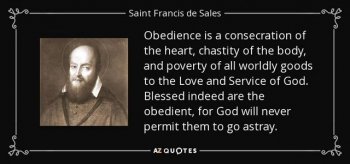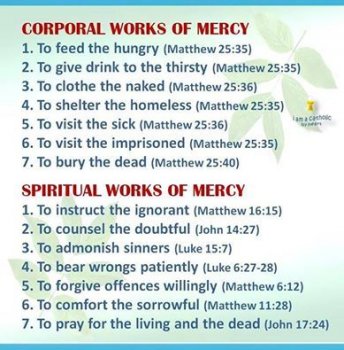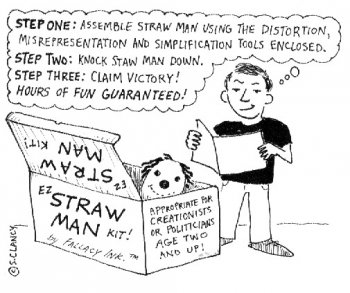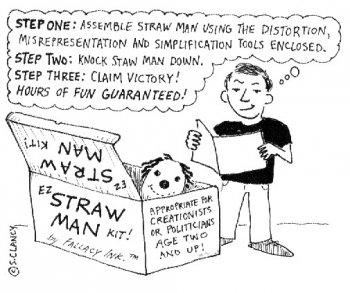The FACT that the Catholic and Orthodox churches include apocryphal books in their Bibles is sufficient to establish that they have no credibility about the canon. And the Council of Trent added insult to injury.The Canon of Scripture was officially closed at the Council of Trent in the 16th century because of the perversions happening within Protestantism and the random editing and deleting of books from the Canon.
The Protestant Reformers were correct and consistent in why the deleted APOCRYPHAL books from their Bibles. That was on the authority of the Lord Jesus Christ Himself.
I have already referred to this, but will repeat the Scriptures which establish the OT canon and exclude all apocryphal books.
Then he said unto them, O fools, and slow of heart to believe all that the prophets have spoken: Ought not Christ to have suffered these things, and to enter into his glory? And beginning at Moses and all the prophets, he expounded unto them in all the scriptures the things concerning himself.... And he said unto them, These are the words which I spake unto you, while I was yet with you, that all things must be fulfilled, which were written [1] in the law of Moses, and [2] in the prophets, and [3] in the psalms, concerning me. Then opened he their understanding, that they might understand the scriptures (Luke 24:25-27;44-47)
So what do we learn from this passage?
1. The Hebrew Tanakh (24 books of the Hebrew Bible) was authoritative for Christ.
2. While He was on earth "the Scriptures" = the Prophets = Moses and the Prophets = the Law (Torah), the Prophets (Nebiim), and the Psalms (Kethubim) = PROTESTANT OT. THAT'S IT. That was the Hebrew canon and the Word of God for the eternal WORD -- Christ.
So let's examine that in detail:
THE LAW = TORAH = 5 BOOKS OF MOSES
1 Genesis
2 Exodus
3 Leviticus
4 Numbers
5 Deuteronomy
THE PROPHETS = NEBIIM (NEVIIM) = 8 BOOKS
1 Joshua
2 Judges
3 Samuel (1 book)
4 Kings (1 book)
5 Isaiah
6 Jeremiah
7 Ezekiel
8 The Minor Prophets (1 book)
Hosea
Joel
Amos
Obadiah
Jonah
Micah
Nahum
Habakkuk
Zephaniah
Haggai
Zechariah
Malachi
THE PSALMS = KETHUBIM (KETUVIM) = 11 BOOKS
1 Psalms
2 Proverbs
3 Job
4 Song of Songs
5 Ruth
6 Lamentations
7 Ecclesiastes
8 Esther
9 Daniel
10 Ezra-Nehemiah (1 book)
11 Chronicles (1 book)
The only difference is that the Protestant OT does not follow the same order and has split some of the books into their components. Thus 39 books = 24 books. NO APOCRYPHAL BOOKS.





